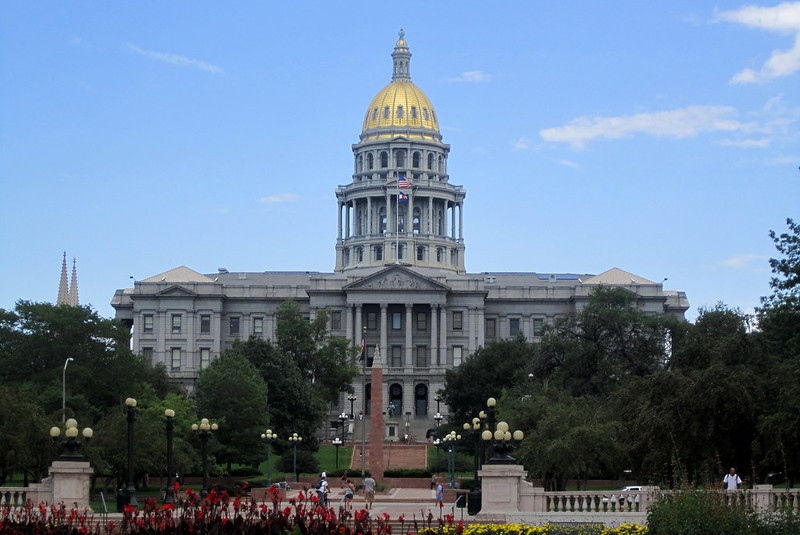The Colorado Catholic Conference has claimed that removing the statute of limitations on institution-targeted lawsuits won’t provide true justice.
Colorado state lawmakers have begun debating a bill that would enable the survivors of child sex abuse to sue any institution which protected perpetrators.
CBS Denver reports that, under existing state law, victims of child sex abuse have until the age of 24 to file a civil lawsuit against their abuser. However, the same survivors only have until age 20 to sue any institution which harbored their abuser, whether such an institution is an employer, church, or non-profit.
Sen. Jessie Danielson, representing District 20, said her proposed bill would allow abuse survivors to initiate civil litigation at any time—no matter how much time has elapsed since they were victimized.
“We have a new opportunity here to provide these survivors with newfound action, a path forward for the first time ever to be able to hold their abusers accountable and the institutions that covered it up,” Danielson told the Colorado Senate Judiciary Committee late last week.
The Associated Press notes that many other states have lengthened the statute of limitations for cases involving child sex abuse. But only a handful—including California, Hawaii, and Minnesota—have created so-called “lookback” windows, which invalidate the statute of limitations for persons striving to initiate civil litigation. Editor’s note: Our thanks to ChildUSA for an update on “lookback” laws, found here.
Rep. Matt Soper, a Delta Republican, suggested that bills removing the statute of limitations make sense.
According to The Denver Post, Soper observed that many victims of child sex abuse don’t come forward until they are, on average, in their 50s.
“And usually,” Soper said, “it’s not a one-off instance. It’s usually over and over and over again by a family member, a close family friend, someone who’s in a position of trust like a teacher or a priest or a club leader, or a trainer.”

“And it takes years and years for that individual to be able just to share their tory,” Soper said.
However, support for Danielson’s initiative is not universal—and may run afoul of the state’s legal precedent.
Richard Collins, a University of Colorado-Boulder law professor, told the Senate Judiciary Committee that Danielson’s bill could cause several complications.
If passed and enrolled, the law would—for instance—create new legal obligations for past actions, something the Colorado State Supreme Court has declared unconstitutional.
Similarly, Mark Behrens of the American Tort Reform Association said the passage of time complicates cases: since an individual perpetrator could have died years or decades before an abuse lawsuit is filed, an accused organization may not be able to adequately defend itself.
Somewhat paradoxically, the Colorado Catholic Conference both voiced its support for abuse survivors while saying that the proposed legislation would—in fact—make it more difficult for survivors to get justice.
“Passing a bill with constitutional and due process problems does not put victims first,” the Conference said in a statement. “It will only delay opportunities for survivors to receive compensation and not promote true restorative justice. The Catholic Church in Colorado is eager to ensure survivors of abuse receive the support they need for true healing.”
Danielson, though, says approving her bill would give Colorado lawmakers the chance to “stand on the side of survivors and protect those who can’t protect themselves.”


Join the conversation!